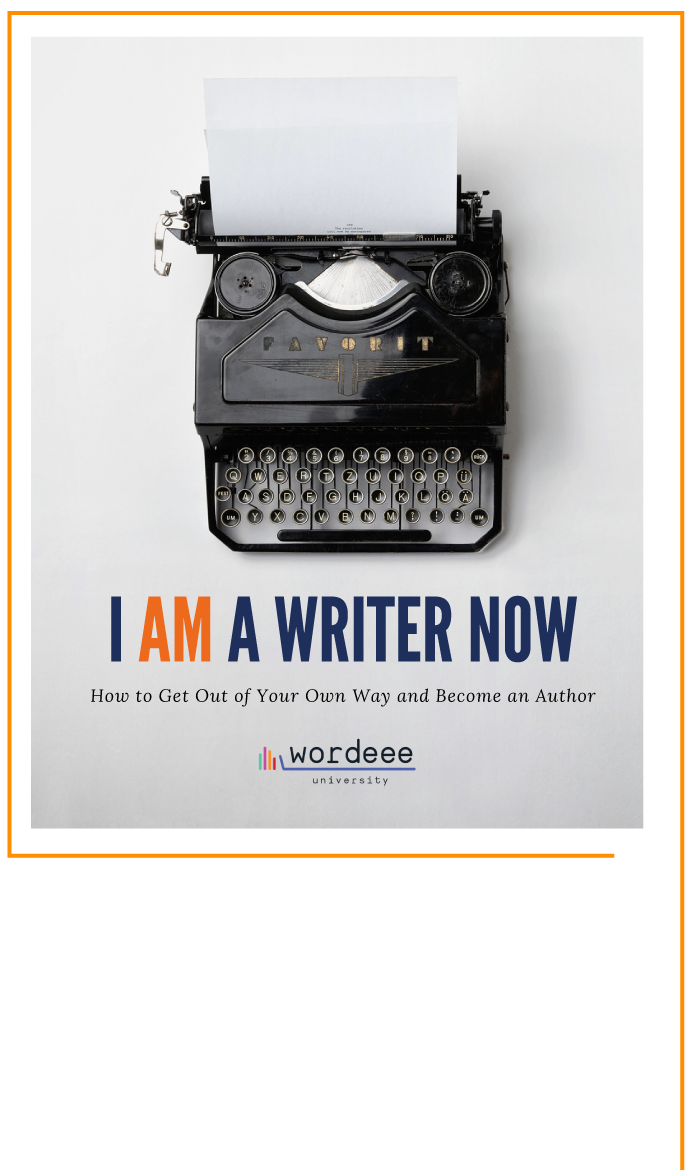One would have to be oblivious not to have heard and seen all the hype about Artificial Intelligence (AI) and the beginning of conditioning us to acclimate to a technology that could change the world as we know it. Publishing and writing will not be exempt from being impacted by AI; in fact, it may be one of the first industries where benefits can be derived. No, let's take that back. AI is already playing a significant role in the publishing industry, and it is likely to become even more important in the future.
If you used Grammarly or other writing tools, you are somewhat used to writing assistance but what we are excited about as publishers, is its ability to streamline editorial workflows, the promise of improving book discoverability and the idea of creating personalized reading experiences for individual readers.
Another area that excites us, is that AI is having an impact in the distribution and marketing of books. AI algorithms can analyze reader data to identify trends and patterns, which can help publishers better understand their audiences and target their marketing efforts more effectively. AI can also be used to personalize book recommendations and to optimize pricing strategies based on consumer behavior.
While AI is unlikely to replace human creativity and editorial judgment, it has the potential to enhance the efficiency and effectiveness of many aspects of the publishing process. And while AI can generate text and even entire books, the quality of the output falls short of the creativity, imagination, and the emotional depth of an author who can draw on their unique perspective and life experience when crafting their stories and characters.
Still, AI can assist human authors in many ways. For example, AI algorithms can help with research, suggest story ideas, and even provide feedback on the writing process. While AI can generate text that is grammatically correct and coherent, it may struggle to convey the complexity of human emotions and experiences in a compelling and meaningful way.
I was recently invited to Beta test Bard, Googles AI engine. I asked it to write a story. It started my story, Once Upon a Time…Novel…right? While AI can bring many benefits to the publishing industry, there are also potential dangers and risks that need to be considered when a publisher considers augmenting their process with AI. Here are some of our key concerns:
Bias and discrimination: AI algorithms can be biased if they are trained on biased data or if they incorporate biased assumptions. This could lead to discrimination against certain authors or readers based on factors such as race, gender, or ethnicity. We certainly hope this is one of the problems that AI may solve but again, humans are programming these applications and they bring their own bias to bear.
Copyright infringement: AI-generated content may infringe on copyright laws if it reproduces existing content too closely. This could lead to legal disputes and damage to the reputation of publishers and authors.
Lack of creativity: While AI can generate text and ideas, it may lack the creative spark that comes from human imagination and originality. This could lead to a homogenization of literature and a lack of diversity in the publishing industry. R2-D2 strikes again.
Privacy concerns: AI algorithms may collect and use personal data from readers and authors, which could raise privacy concerns if the data is not adequately protected.
Reliance on technology: There is a risk that the publishing industry becomes overly reliant on AI technology, which could lead to a loss of human jobs and a reduction in the quality of published works.
We don’t think we can turn back time but as humans to mitigate these risks, use discernment and what the robot doesn’t have a brain to decide when the technology should and should not be used. Unfortunately, we must rely on the human mind to make sure AI algorithms transparent, auditable, and ethical and thus an output that could be truly transformative. My personal feelings. Good Luck with that. As this technology gets more sophisticated, maybe even now, it will require careful oversight and regulation, as well as ongoing monitoring and evaluation of the effect on society.






